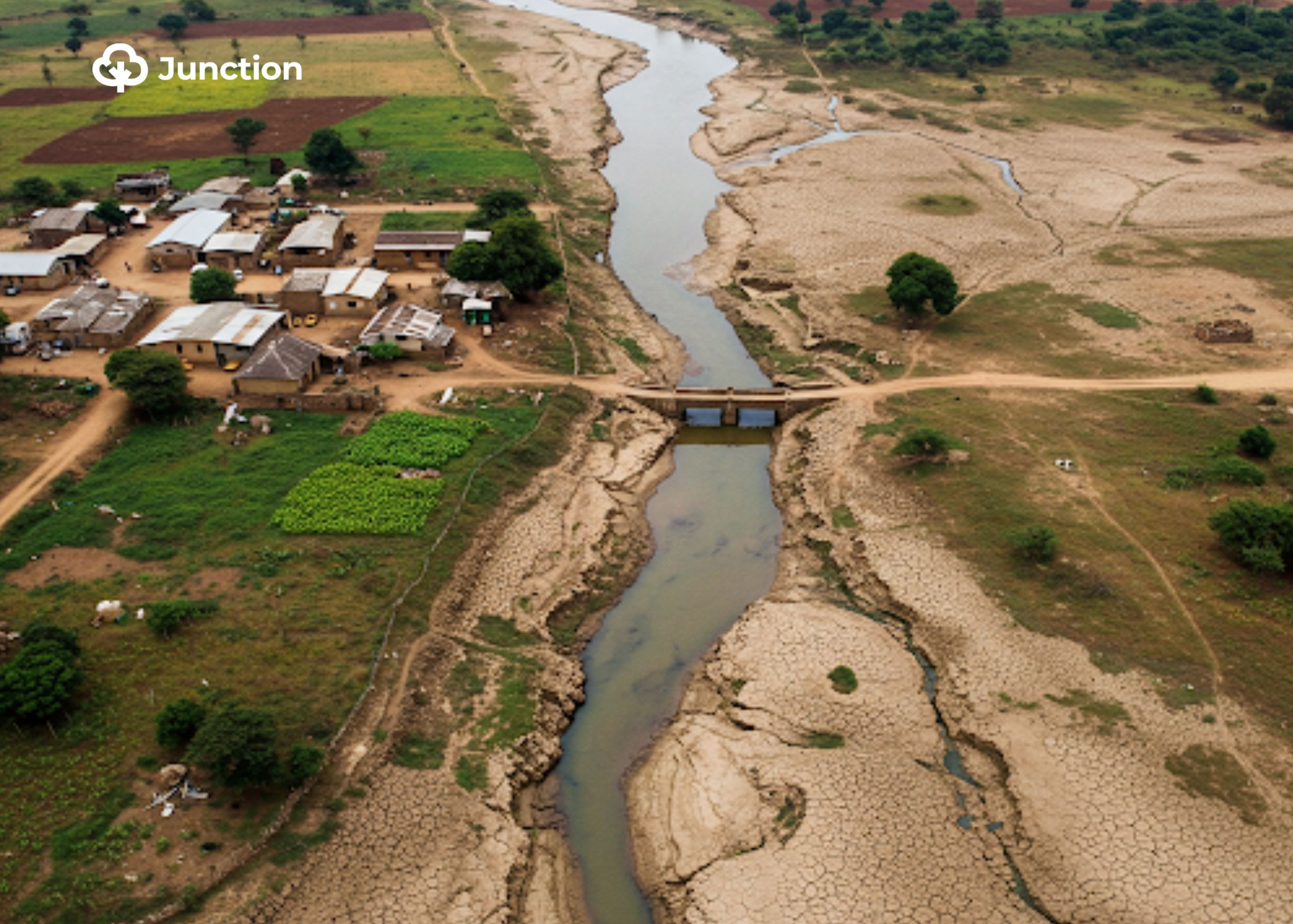News in brief:
– Northern Nigerian farmers are struggling with severe water shortages as climate change dries up rivers and shrinks growing seasons, threatening food production and livelihoods.
– Despite government promises, the lack of irrigation, infrastructure, and support is worsening the crisis, causing food prices to soar nationwide.
Farmers in northern Nigeria are grappling with worsening water scarcity, threatening livelihoods and national food security as climate change continues to shrink rivers and shorten wet seasons.
After 20 years on his Sokoto farm, 62-year-old Umaru Muazu faces a grim reality: his crops are withering, and he cannot afford to dig a well.
“Before, with a small farm, you could get a lot,” he told the Associated Press.
Across Nigeria’s arid northern states, farmers like Muazu are witnessing once-reliable rivers dry up, leaving only murky puddles. Without dams or effective irrigation systems, smallholder farmers, who produce 90% of Nigeria’s food, are seeing crop yields plummet.
Experts say climate change, deforestation, and water overuse are compounding the crisis. The result is a ripple effect across the country, with food prices surging in urban centres like Lagos. A cabbage that sold for ₦400 now costs over ₦2,000.
Despite government promises, including a 2023 state of emergency on food security and plans to activate 500,000 hectares of farmland, many interventions remain unfulfilled.
“With little support and no access to climate-smart practices like drip irrigation, farmers are losing hope,” said Yusuf Isah Sokoto, director at Umaru Ali Shinkafi Polytechnic.
As Nigeria’s population heads toward 400 million by 2050, experts warn that without urgent action, millions more could face food insecurity.
“We need infrastructure, education, and immediate action,” said Daniel Obiora of the All Farmers Association of Nigeria. “Otherwise, farming—and our food system—will keep collapsing.”



